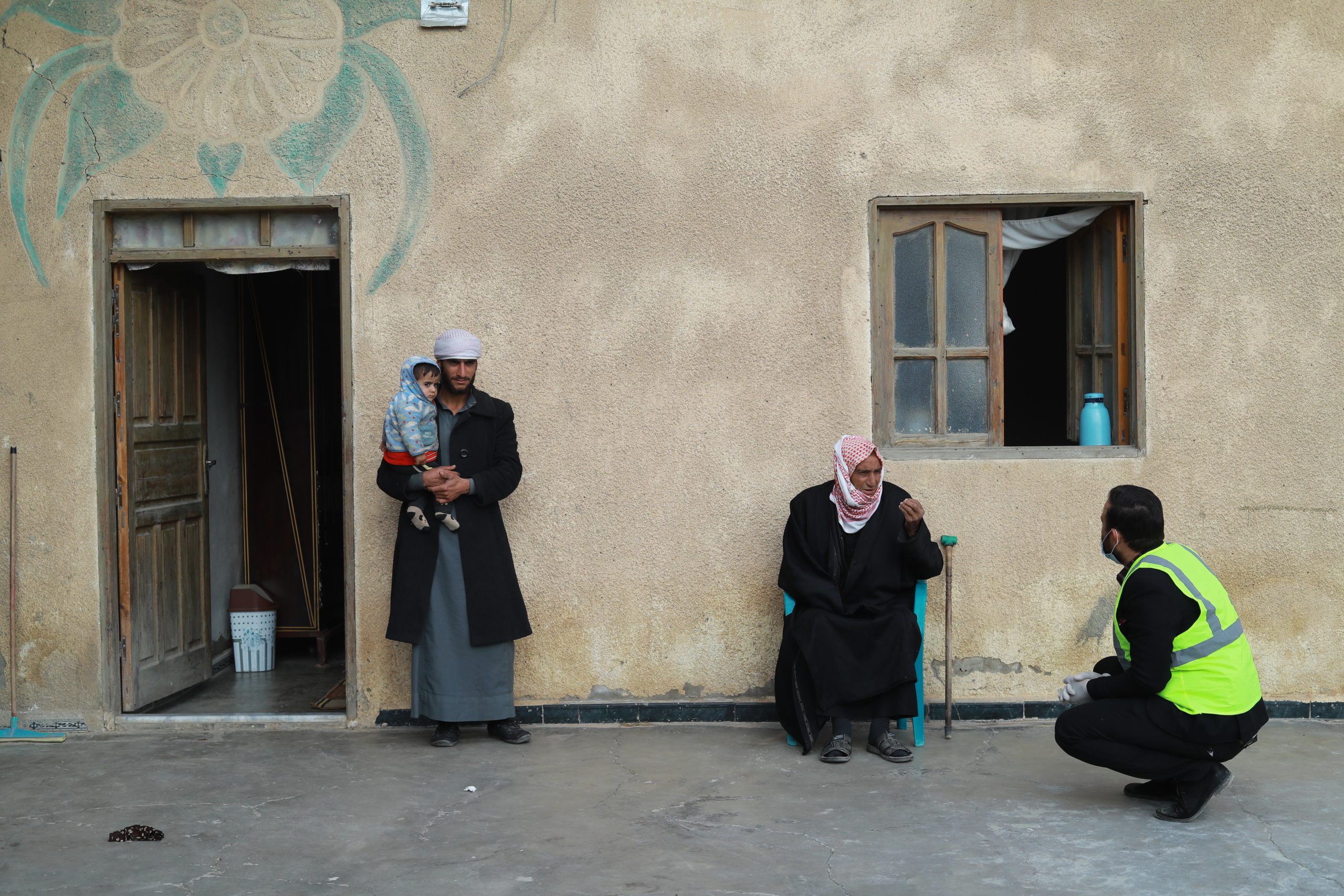
Provision of mental health and psychosocial support services to health workers and community members in conflict-affected Northwest Syria: a mixed-methods study
Download this Conflict & Health paper here [opens new tab]
Northwest Syria (NWS) is a conflict area with challenging political, economic, demographic and social dynamics. The region has a high number of internally displaced persons with increasingly disrupted delivery of basic services, including healthcare. Mental health needs have been increasing in the region while the infrastructure and capacity of the health sector has been negatively affected by the conflict. This study aimed to explore the provision of mental health and psychosocial support (MHPSS) services to communities in northwest Syria (including healthcare workers) and to assess the experiences of beneficiaries with MHPSS services.
Findings
The study findings add to the evidence base on the challenges in scaling up MHPSS interventions and their long-term sustainability concerns. Priority actions should address the intermittent funding of the MHPSS response, incorporate MHPSS outputs and outcomes in the reimbursement of routine services, improve coordination between health partners and non-health actors in order to expand the scope of MHPSS response, and address the inequitable availability of resources in the region.
Reference
Bou-Orm, I.R., Moussallem, M., Karam, J. et al. Provision of mental health and psychosocial support services to health workers and community members in conflict-affected Northwest Syria: a mixed-methods study. Confl Health 17, 46 (2023). https://doi.org/10.1186/s13031-023-00547-4
Download this Conflict & Health paper here [opens new tab]
Further information
This study featured in a synthesis presentation on Health System Resilience in Northern Syria: Reflections from ReBUILD for Resilience Projects – watch the video here.
Image: A hygiene worker educating people in a Northern Syria displacement camp about hygiene after the outbreak of a cholera epidemic in the village of Khas Aalj in 2022.
Copyright: EU Civil Protection and Humanitarian Aid via Flickr [opens new tab]